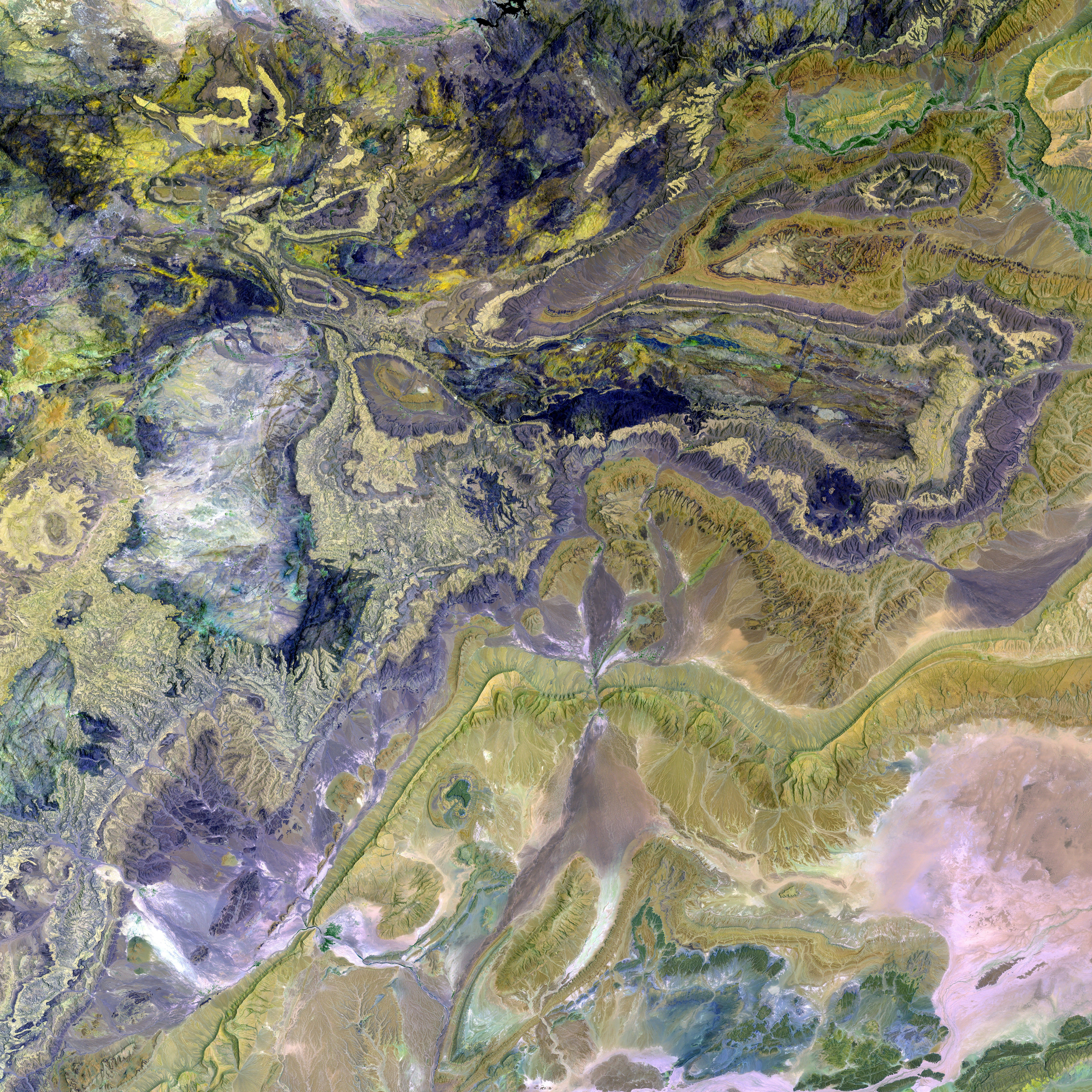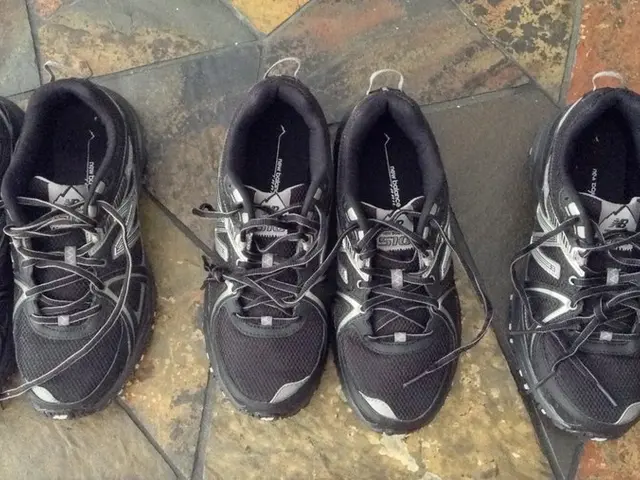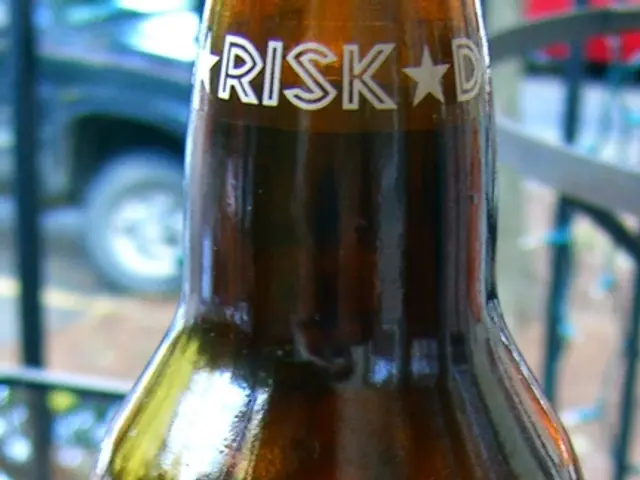Tightened shaving waiver in Marines may negatively impact professional advancement for Black members, according to dermatologists.
Ed Anderson, a 70-year-old Air Force veteran, shares his struggles with razor bumps – a chronic skin condition caused by shaving – that started during puberty. The coarse facial hair of Anderson and other Black airmen, often leads to painful inflammation and itchy bumps.
During his military service, which began in 1975, Anderson recalls seeking a shaving waiver, as it became a symbol of unity among Black service members. The waivers, initiated in the 1970s by the military as a whole, with the Navy taking a strong stance in 1970, allowed individuals to wear beards due to medical conditions. However, the grooming policies of different branches have changed multiple times since then.
The recent U.S. Marine Corps grooming policy, targeting those with curly or coarse hair, has sparked criticism. The policy, issued in March, could lead to a service member's expulsion if they suffer from pseudofolliculitis barbae (PFB), commonly known as razor bumps. The U.S. Air Force also updated its guidance on PFB earlier this year, stipulating that shaving waivers will expire 90 days after an airman's next annual health assessment. The requirements for those who may still qualify for a waiver remain unclear.
PFB affects up to 60% of Black men, according to the American Osteopathic College of Dermatology. Anderson views the move as another example of ongoing attacks on diversity, equity, and inclusion initiatives in the federal government. Critics argue that this policy, primarily impacting soldiers of color, is not a productive means of retaining and recruiting troops.
In 2022, a policy that barred Marines from being discharged solely due to PFB was overturned. During the last three years, service members were able to obtain temporary or permanent shaving waivers if their PFB could not be treated by topical medications. However, under the new guidance, service members with PFB are required to undergo a medical evaluation within 90 days. If their condition does not improve within a year under a four-part treatment plan, they could be separated from the branch at the discretion of their commanding officer.
Dermatologists across the country question the necessity of this policy change, stating that PFB affects only the appearance of hair follicles and does not impact the body systemically. They argue that creating such a policy is outdated and rooted in discrimination, as PFB predominantly affects African Americans and other people of color due to the nature of hair growth on the face.
The exact number of Marines affected by the policy remains unknown, as the branch does not track how many members have shaving exemptions for PFB. Black service members make up 18% of all active-duty Marines, according to data from the Marine Corps Gazette, a professional journal by members of the service. The branch itself does not keep racial demographic data on its members, a Marines spokesperson said.
Despite military leaders arguing that service members need to be clean-shaven to maintain a professional appearance and ensure the proper fit of airtight gas masks, medical studies challenge this assertion. A study published in the Journal of Military Medicine in 2021 found little evidence that short beards interfered with the seal of a gas mask. Another study in 2018 found that pilots with beards more than a foot long were able to maintain an airtight seal on their masks during a simulated cabin depressurization test.
Advocates continue to push for clearer policies and broader awareness to reduce stigma and ensure consistent access to shaving waivers across all branches. The debate surrounding grooming standards in the military persists, making it essential for policymakers to consider both operational readiness and individual health equity.
The ongoing discussion about military grooming policies highlights the profound impact of health conditions such as pseudofolliculitis barbae (PFB) on health and wellness, particularly for individuals with skin conditions like this. This medical-condition-induced shaving challenge, often experienced by Black airmen and now Marines, sparks debates about diversity, equity, and inclusion within science and health.








